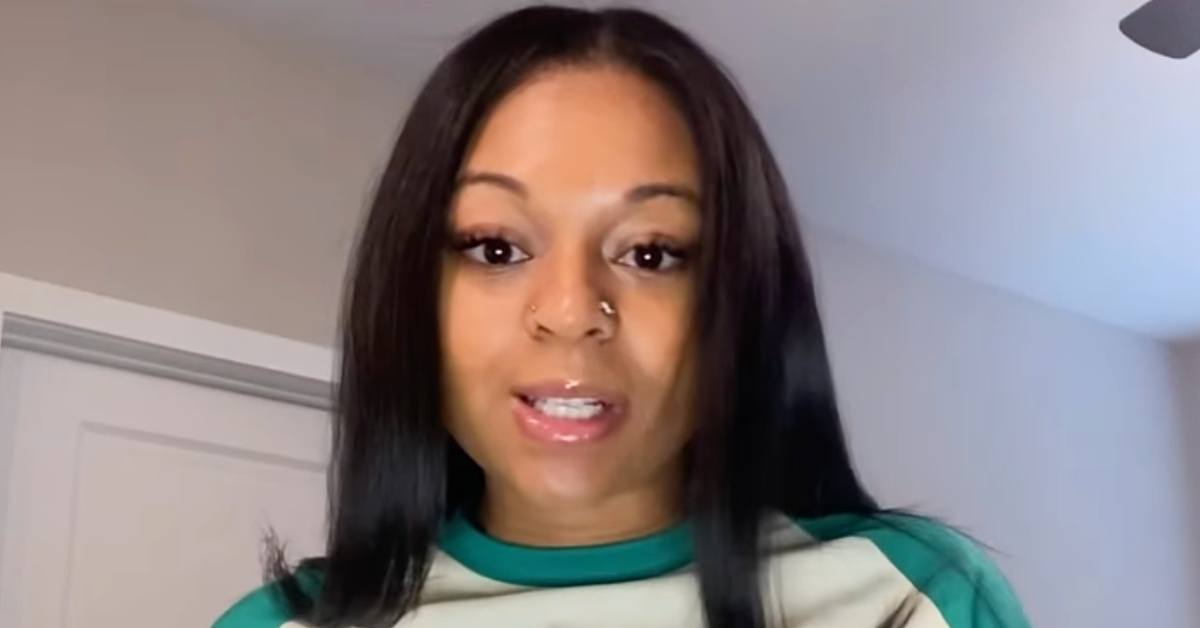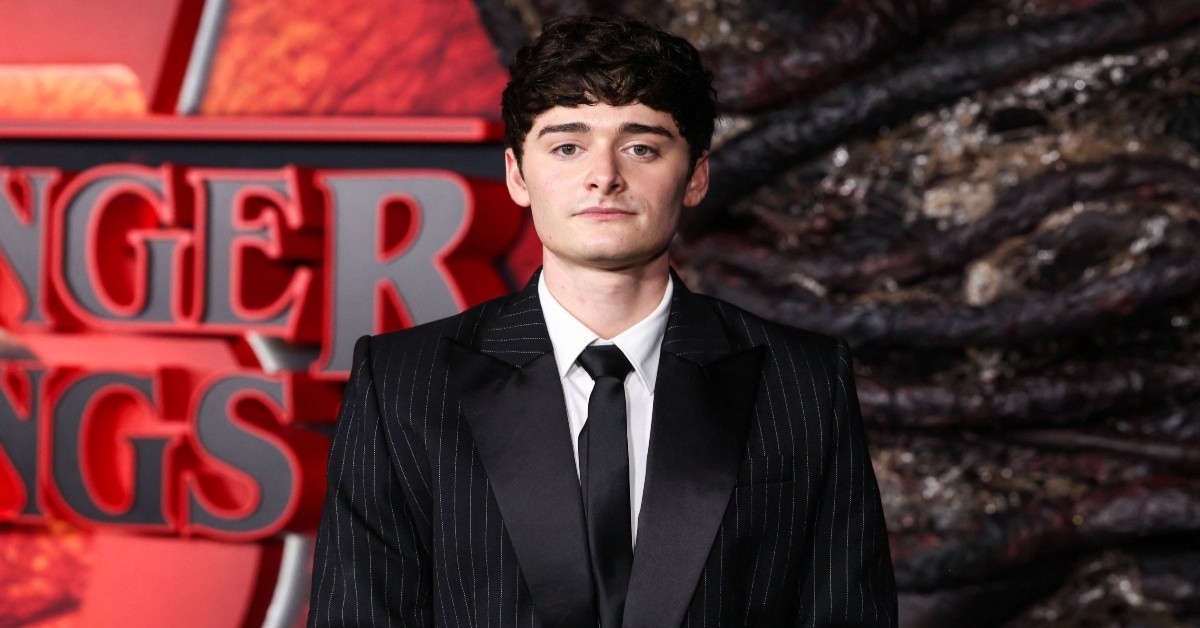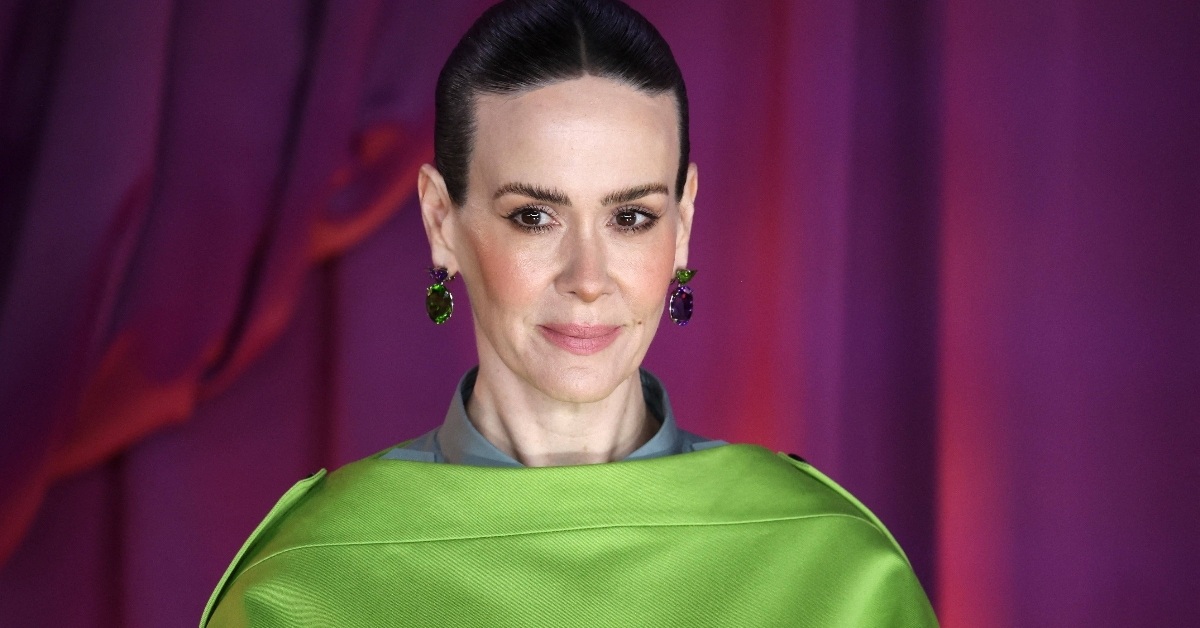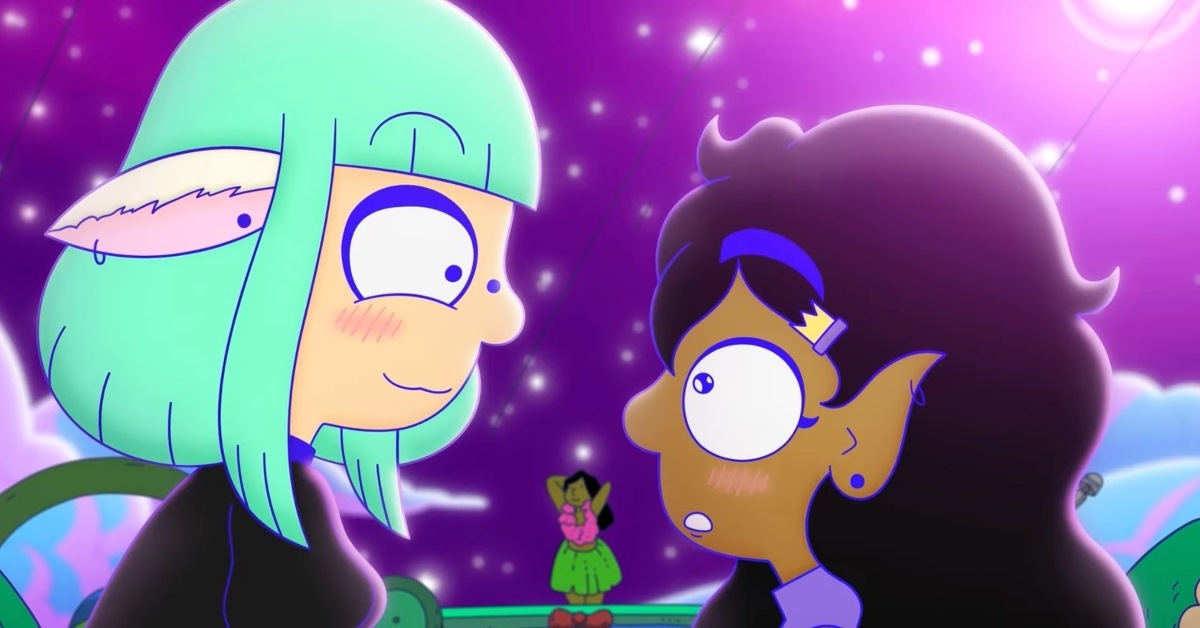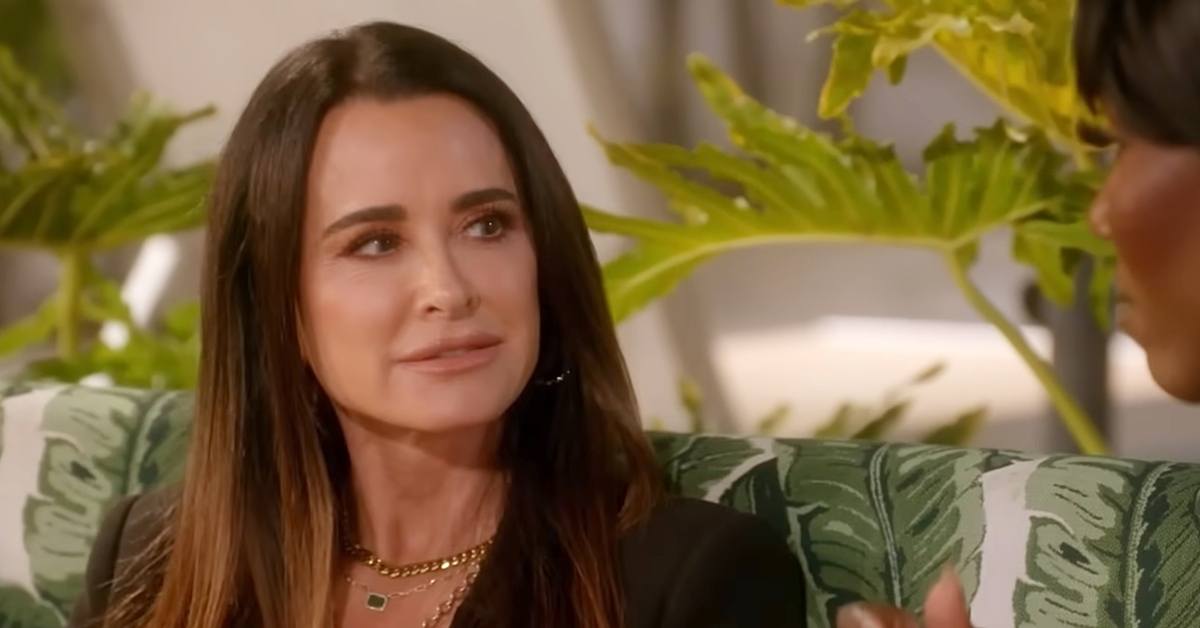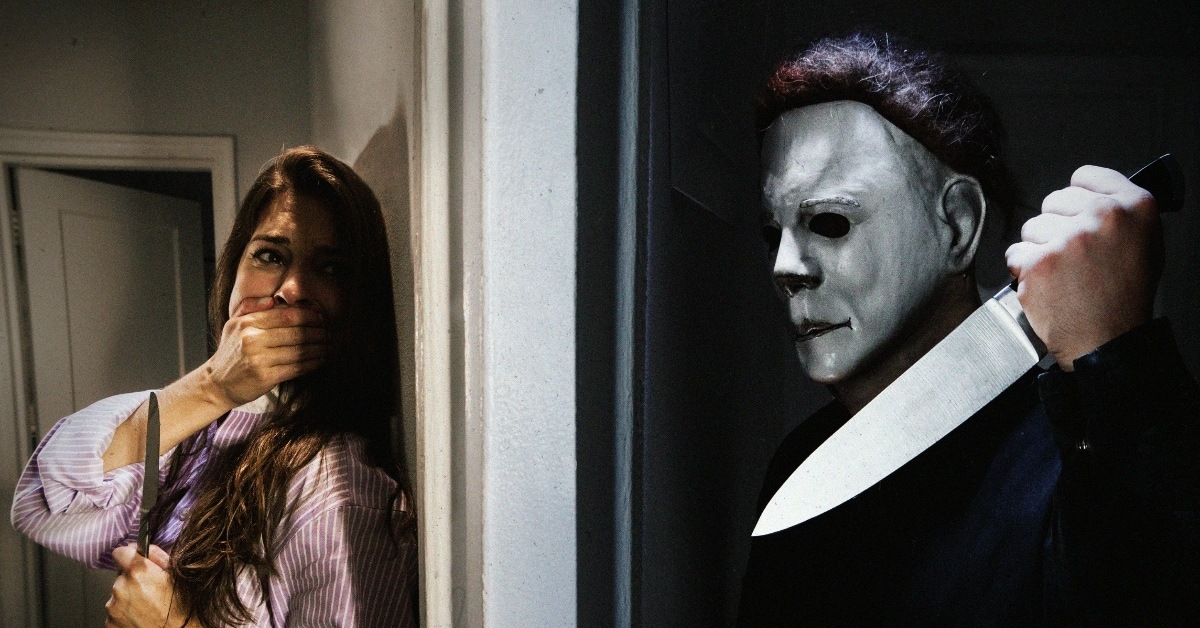BY: Shayla Brown
Published 4 months ago
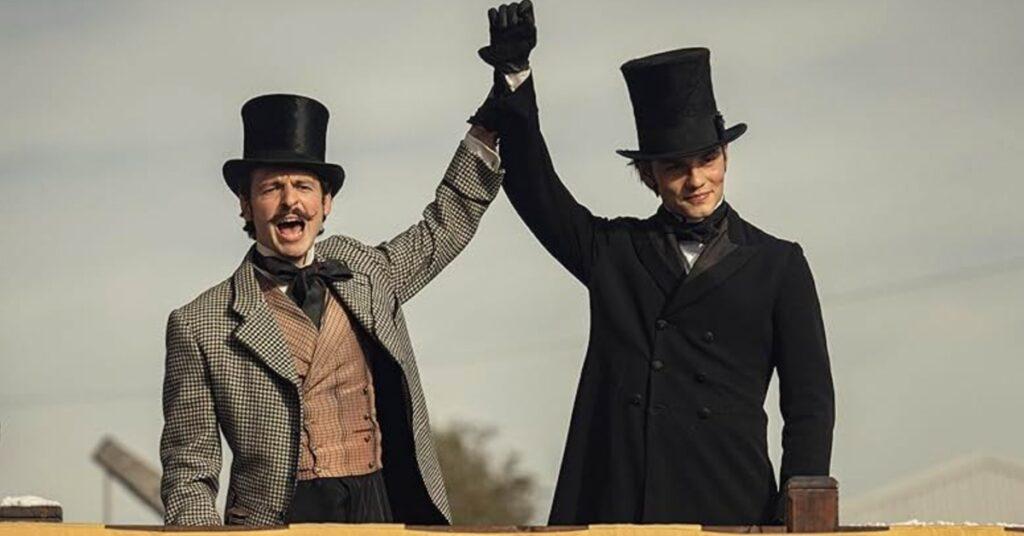
Netflix’s new drama “House of Guinness” is pouring up more than family feuds and frothy pints — it’s stirring a centuries-old question: Was Arthur Guinness gay?
The eight-episode series, created by “Peaky Blinders” writer Steven Knight, follows the heirs of the Guinness dynasty after patriarch Sir Benjamin Guinness’ death in 1868. At its center is Arthur Edward Guinness, 1st Baron Ardilaun — the great-grandson of the original brewer. The show portrays Guinness as a closeted gay man navigating inheritance, politics, and love in Victorian Ireland.
Was Arthur Guinness really gay?
There’s no conclusive historical evidence that Guinness was gay. However, in his book, “The Guinnesses: The Untold Story of Ireland’s Most Successful Family“, Irish writer Joe Joyce speculated about his sexuality, cited his childless marriage to Lady Olivia Charlotte Hedges-White as a potential indicator of an arranged or “sexless” union — what’s known as a “mariage blanc”. Joyce described the relationship as “unconventional” and suggested it “was arranged in advance as a ‘mariage blanc’, meaning there would be no sex, implying strongly that Sir Arthur was gay,” according to BuzzFeed.
Why the speculation?
Guinness married Lady Olivia in 1871, but they never had children — uncommon for the eldest son in a family as prominent and legacy-focused as the Guinness’. The absence of an heir, paired with their socially formal marriage, fueled gossip both then and now. Still, historical accounts describe the pair as genuinely fond of one another and happy in their union.
Why the depiction in “House of Guinness”?
The Netflix series is historical fiction, not biography. By embracing the speculation around Guinness’ sexuality, the show uses his story to explore repression, privilege, and authenticity. It’s a progressive narrative choice — one that centers a gay protagonist who doesn’t exist solely in shame or secrecy, even in a time when homosexuality was criminalized and punishable by life imprisonment.
The portrayal has divided audiences. Some see it as overdue representation in a genre that often erases queer stories; others view it as unnecessary revisionism.
What the family says
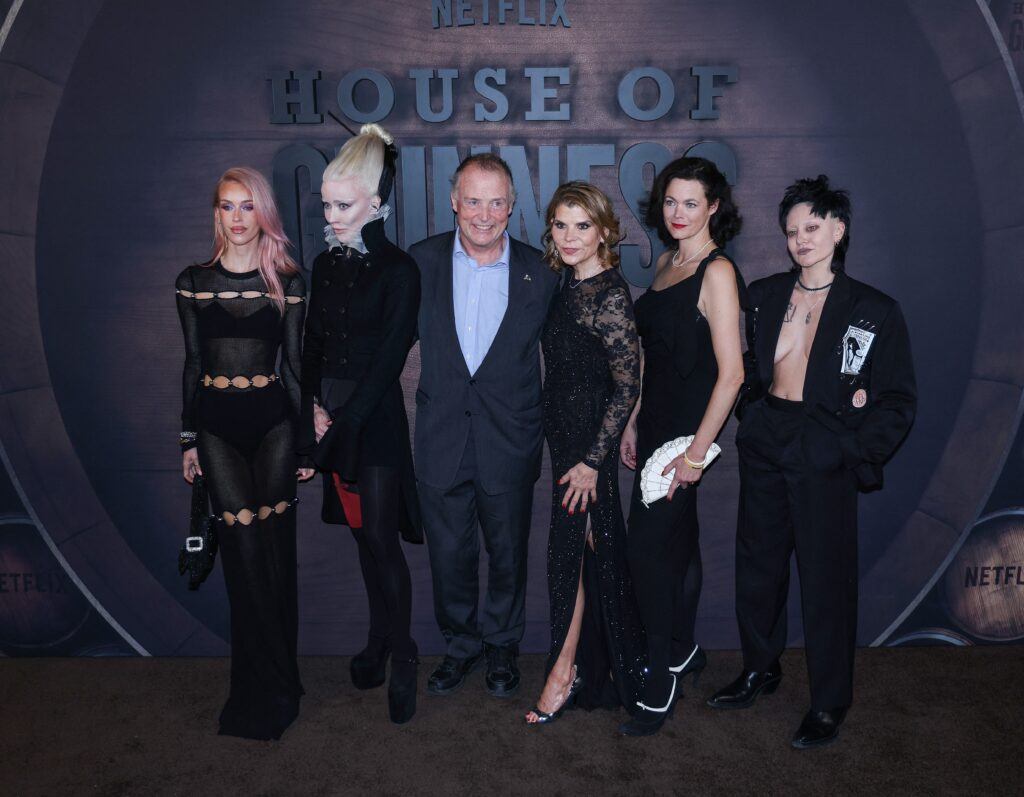
Molly Guinness, a modern descendant, slammed the show’s creative liberties, calling the portrayal full of “modern clichés” and “unjust” to her ancestors. “Arthur’s (invented) gay exploits also allow for some rich comedy,” she wrote in The Times. “Just thinking about watching this with my aunts made me blush, although it’s sure to become a useful gif on my sibling WhatsApp group.”
Still, the show’s creators — and some cultural critics — argue that reimagining Guinness as gay allows for something revolutionary: a dignified, out, and unashamed queer figure in an era defined by silence. “What Steven and Tom [Shankland], one of the directors, and I wanted to get across about Arthur was that he didn’t feel shame about his own sexuality. It’s that the world was wrong,” actor Anthony Boyd (who plays Guinness) told Town and Country.
The bottom line
History can’t say for sure if Guinness was gay — and “House of Guinness” doesn’t pretend to know. What it does is fill in history’s silences with imagination, empathy, and drama. In doing so, it invites us to consider how stories evolve — and who gets to decide what love looked like in the past.
In the end, “House of Guinness” isn’t just about beer. It’s about identity, inheritance, and the intoxicating weight of living your truth — even when the world won’t let you.
What do you think about Netflix reimagining Guinness as a gay man? Does creative license go too far, or is this a powerful redefinition of history? Share your thoughts in the comments below!


